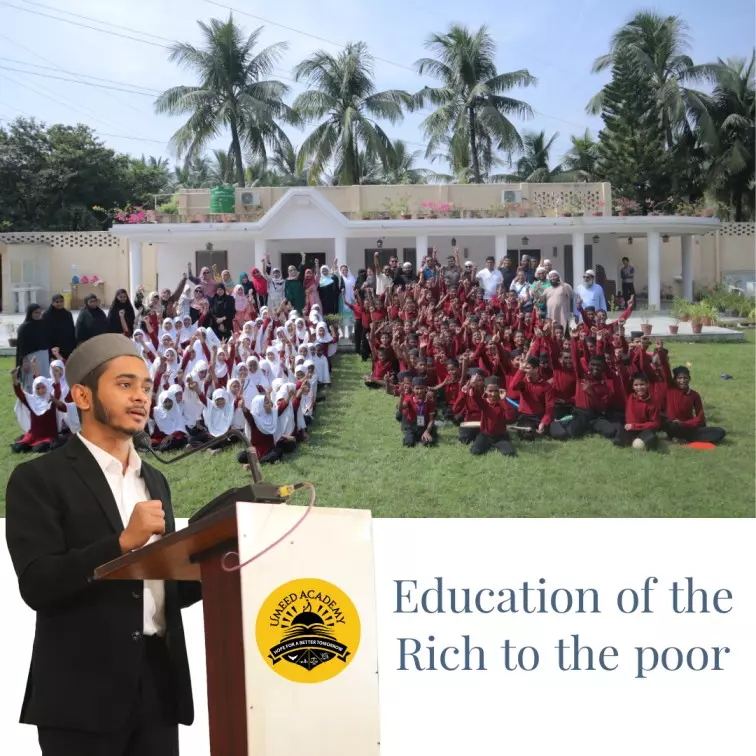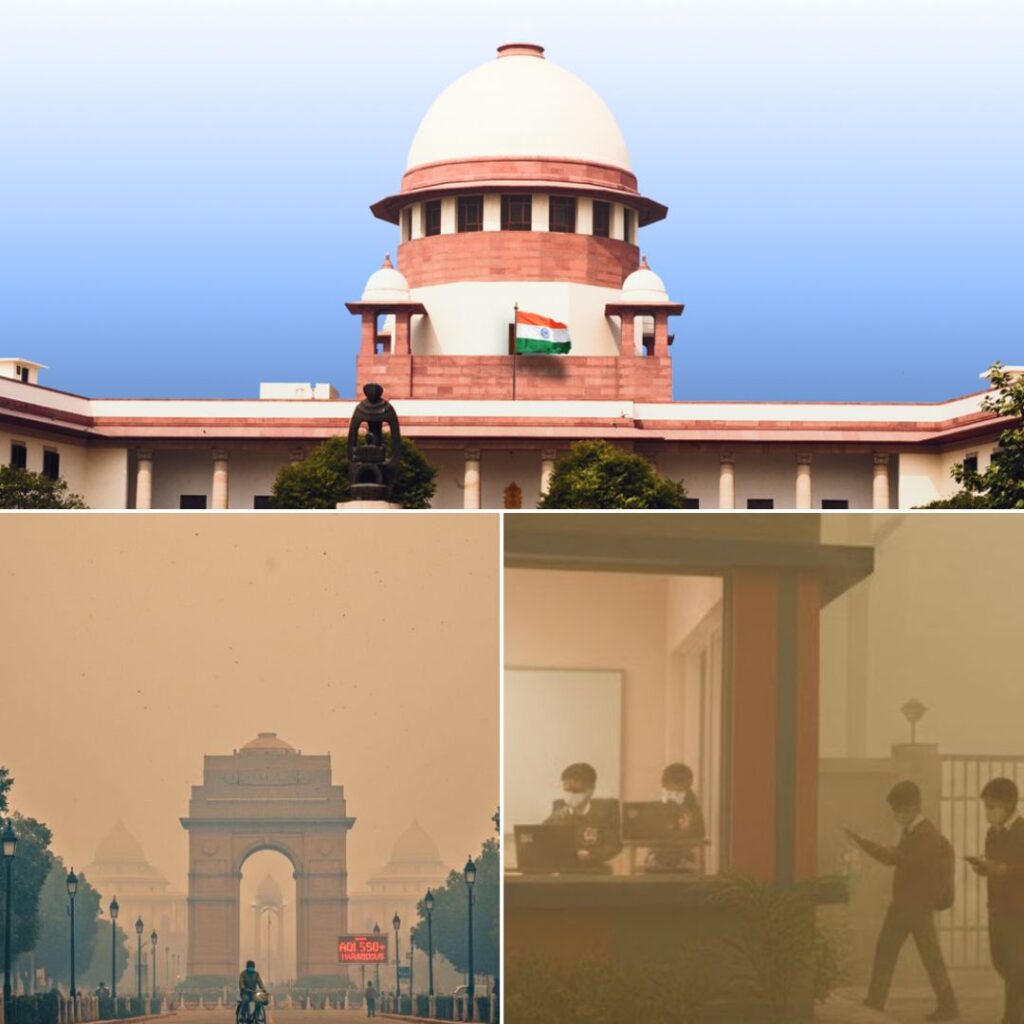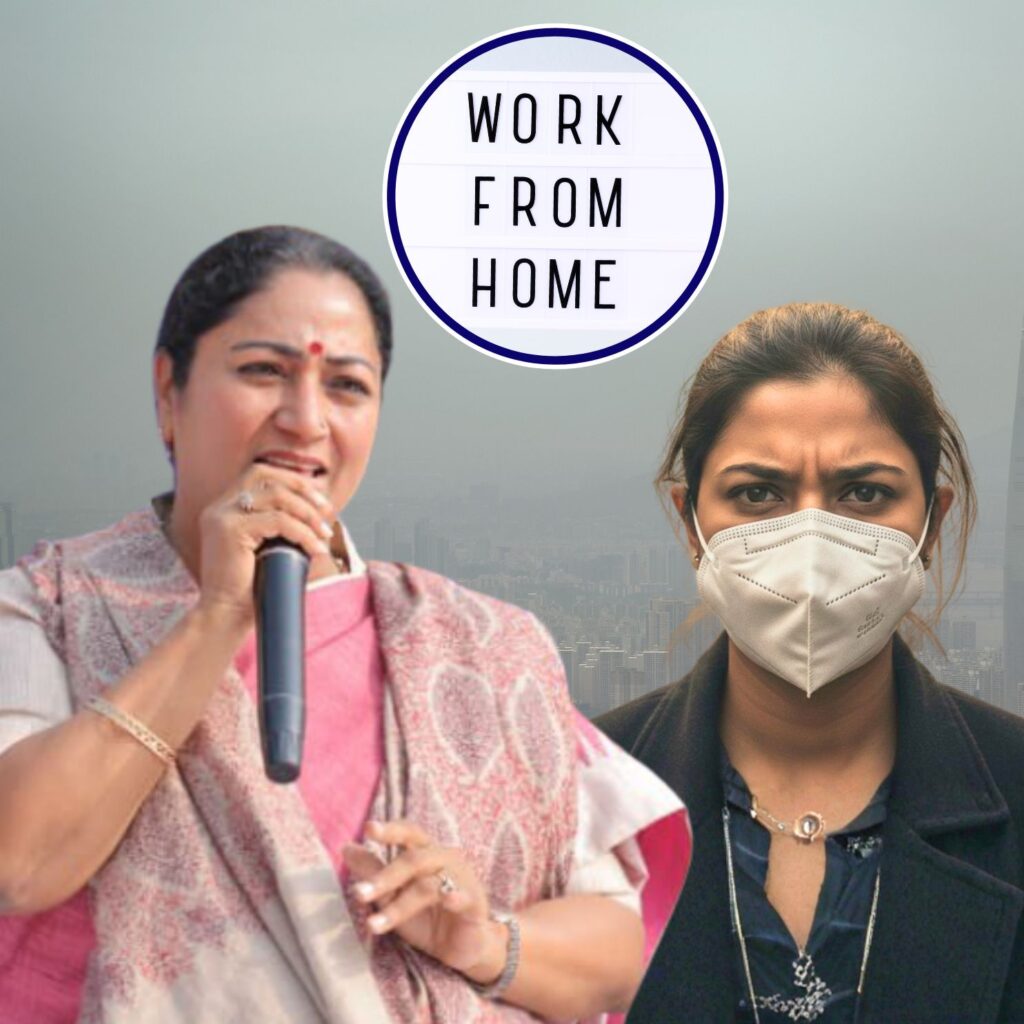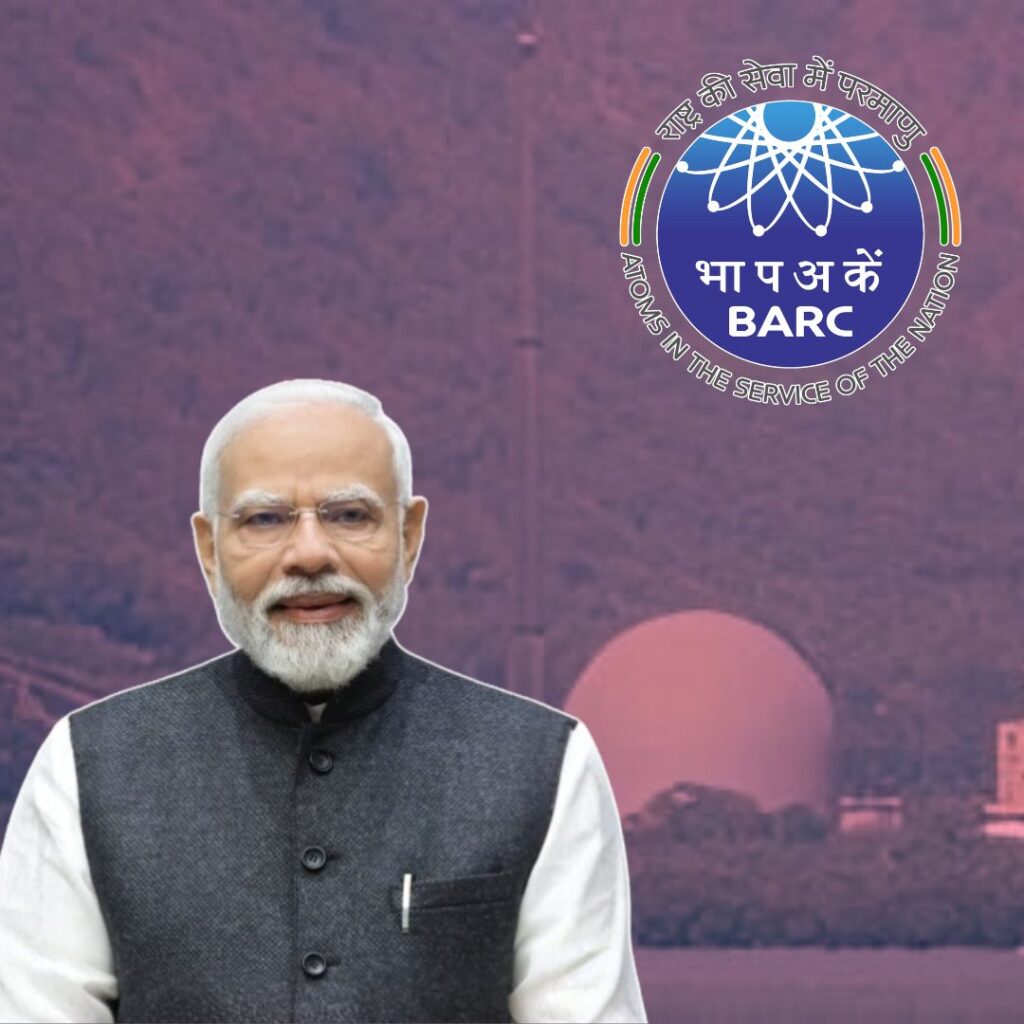Amidst the hustle and bustle of daily life, Wali Rehmani, a young visionary at the age of 19, embarked on a mission fueled not by motivation or inspiration, but by an overwhelming sense of pain. A pain that struck him every time he witnessed the harsh reality of poverty on the streets of the city he called home.
His journey began with a deep-rooted questioning of the generational poverty that seemed to persist without end. From childhood observations of children begging on the day of Eid to the realization that poverty transcends generations, Wali found himself compelled to make a difference. However, his approach was not the conventional charity model but a profound belief in transforming lives through education
“I cannot bear, I cannot see poverty. The purpose of charity is not just to give but to immediately lift someone out of their current condition,” says Wali, driven by the philosophy that education is the key to breaking the cycle of generational poverty.
Wali’s vision led to the creation of Umeed Academy, where he, with sheer determination, adopted the first ten children with the goal of shaping them into future leaders. The initial plan was modest, but the impact turned out to be monumental. Today, Umeed Academy stands as a testament to Wali’s unwavering commitment, offering education of the rich to the underprivileged.
One of the academy’s most significant achievements lies in the transformation of malnourished children into healthy, thriving individuals. Wali proudly asserts, “In the last five and a half years, we haven’t just provided a quality education but we have also fed them well. Today they actually look their age.”
The academy goes beyond conventional education, providing a curriculum that rivals elite institutions. Wali emphasizes the need for modern, contemporary education that includes robotics, coding, AI, and data analytics. The goal is to prepare these children not for mere employment but for a future that embraces creativity and out-of-the-box thinking.
Recognizing the need for self-defense in the challenging environments these children come from, Umeed Academy introduced kickboxing as a sport in the limited space they have in their institution. In a surprising turn of events, the academy secured the West Bengal State Championship trophy and national level gold medalist for kickboxing in the last two years, showcasing the students’ dedication and skill.
As Umeed Academy continues to grow, Wali faces the challenge of enhancing internal infrastructure. The focus is on creating state-of-the-art facilities, including labs, computer rooms, and interactive classrooms. While significant strides have been made, the need for additional support, especially in terms of CSR initiatives, remains crucial.

Wali started this incredible journey at the age of 19 with only three kids, and now, he is the guardian of over 300 children, a number that speaks volumes about the impact of his initiative. The kids affectionately call him “Abba ji,” meaning Father, highlighting the paternal role he plays in their lives. He takes care of them as his own children, and his wish is for more children to join him on this transformative path.
These children come from extremely impoverished backgrounds, with more than 70% of them not even having proper houses to live in; many live in huts. Their family income is not more than 6-7 thousand a month. However, despite these challenges, they are excelling and are no different from any other well-off school kids.
Umeed Academy is not just an educational institute; it’s a haven of hope, a testament to the transformative power of education when delivered with purpose. Wali Rehmani‘s journey, marked by challenges and triumphs, continues to inspire as he seeks to break the chains of generational poverty through the gift of education.
In Wali’s words, “I give education of the rich to the poor.” This simple yet profound statement encapsulates the essence of Umeed Academy—a beacon of hope illuminating the path to a brighter future for those who need it the most, the people who struggle most among us.

















